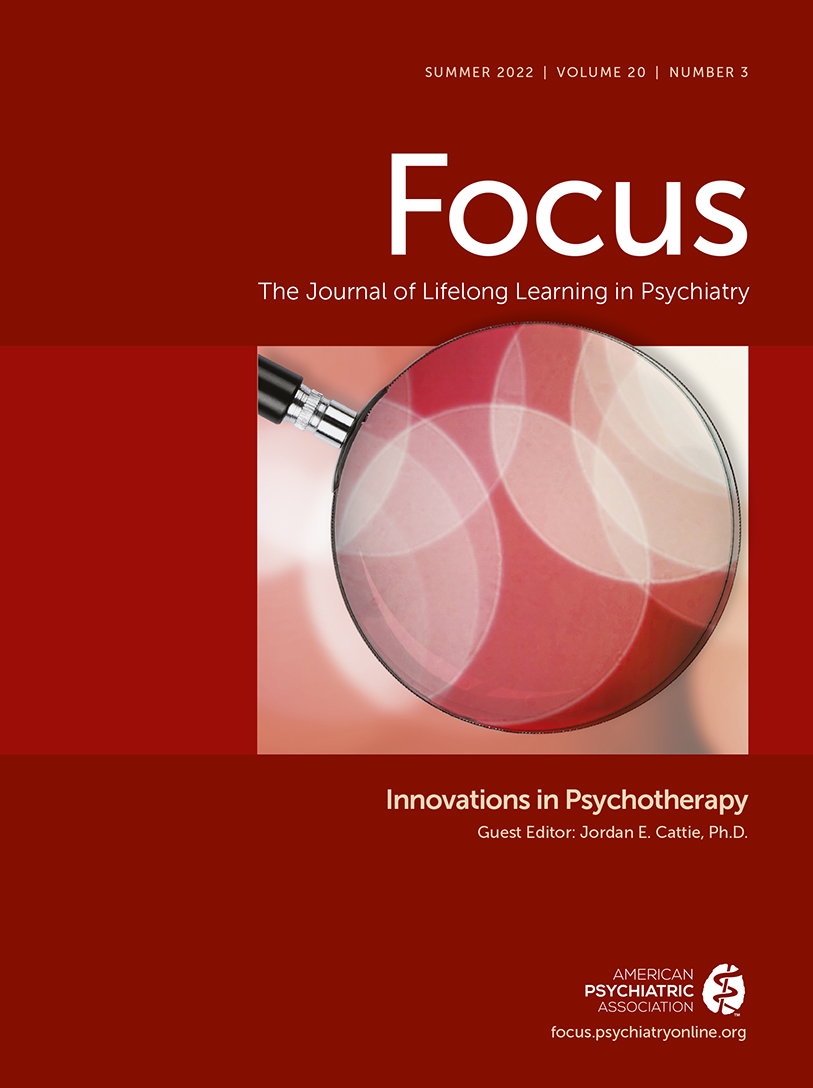EMPOWER: Toward the Global Dissemination of Psychosocial Interventions
Abstract
Even before the COVID-19 pandemic, the needs for care of persons with mental illness remained largely unmet worldwide, testifying to the inadequacy of current approaches to mental health care and their unsuitability for the rising demand. One hurdle to improved access to quality care is the reliance on expensive specialist providers, particularly for the delivery of psychosocial interventions. This article describes EMPOWER, a not-for-profit program that builds on the clinical science demonstrating the effectiveness of brief psychosocial interventions for a range of psychiatric conditions; implementation science demonstrating the effectiveness of delivery of these interventions by non-specialist providers (NSPs); and pedagogical science demonstrating the effectiveness of digital approaches for training and quality assurance. The EMPOWER program leverages digital tools for training and supervising NSPs, designing competency-based curricula, assessing treatment-specific competencies, implementing measurement-based peer supervision for support and quality assurance, and evaluating impacts to enhance the effectiveness of the delivery system.



